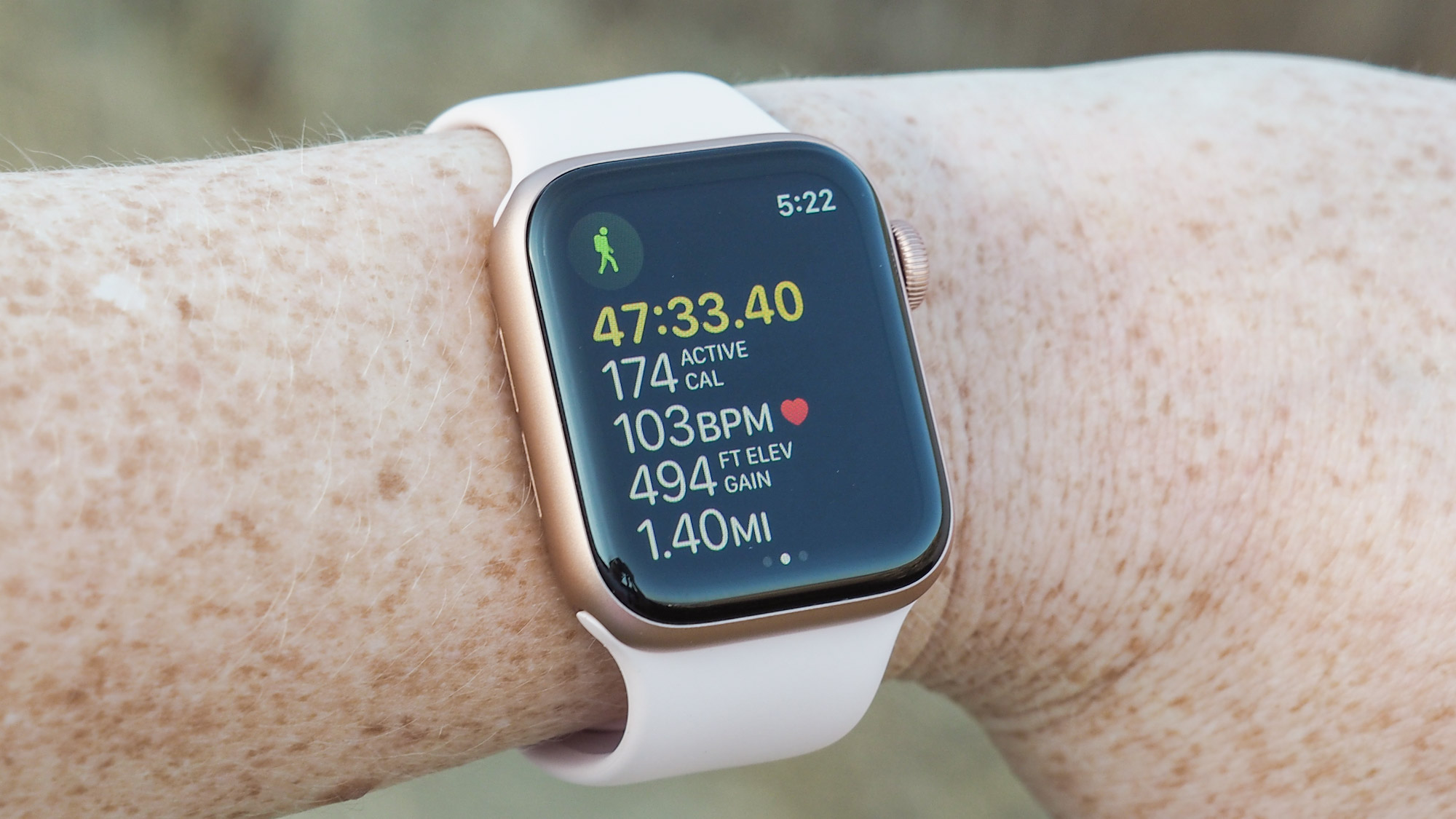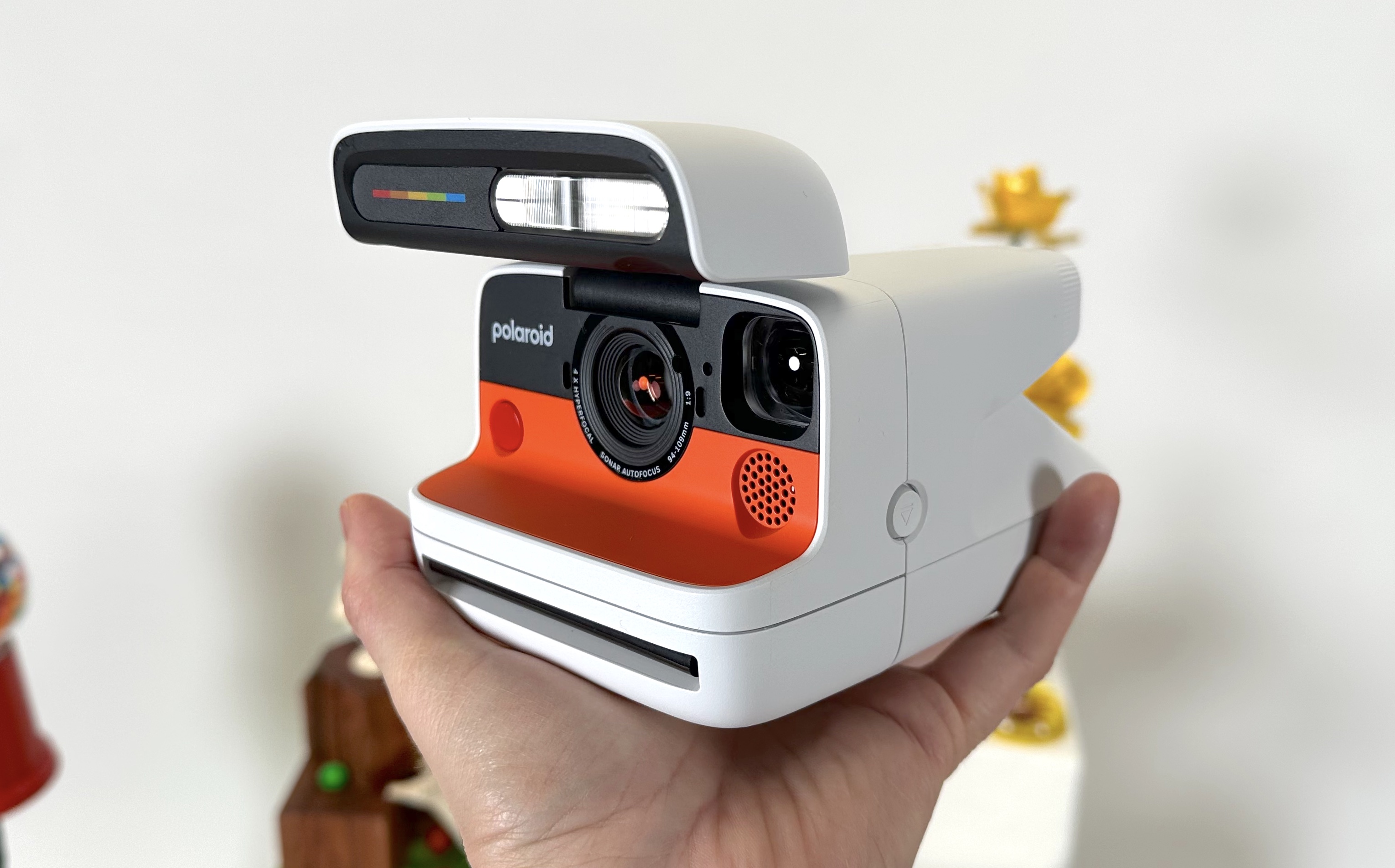The Apple Watch has a new medical ability, study reveals
Apple Watch can accurately assess 'frailty'

Apple has been increasingly promoting the Apple Watch's health monitoring credentials. There’s even talk of the Apple Watch 7 non-invasively monitoring blood glucose levels, which would complement the wearable’s ability to detect falls and watch for atrial fibrillation.
Now researchers from the University of Stanford have found that even the older Apple Watch 3 can be of benefit to doctors monitoring cardiovascular patients awaiting treatment.
- The best smartwatches you can buy
- Best workout headphones: See our top picks
- Plus: This new Stretch robot is designed to replace humans — here’s how
As first spotted by MyHealthyApple, the trial examined 110 patients scheduled for vascular or cardiac procedures conditions to see whether remote tests for frailty could match the results of tests administered in person.
Patients are defined as frail if they travel less than 300 meters during a 6-minute walk test (6MWT), and a version of this was built into a custom-made VascTrac app so that researchers could see how it compared to the same test administered in clinical conditions. To aid this, patients were given an Apple Watch 3 and iPhone 7, which would both provide the 6MWT itself as well as passively collecting activity data for analysis.
In a clinical setting, the study found the Apple Watch could assess frailty with a sensitivity of 90% and a specificity of 85%, compared to the standard 6MWT test. This dropped to 83% sensitivity and 60% specificity when done remotely — a decline believed to be related to patients’ inclination to stick to a regime when not actively monitored — but it’s still impressive, and could really help patients living with cardiovascular conditions.
“In this longitudinal observational study, passive activity data acquired by an iPhone and Apple Watch were an accurate predictor of in-clinic 6MWT performance,” the paper concludes. “This finding suggests that frailty and functional capacity could be monitored and evaluated remotely in patients with cardiovascular disease, enabling safer and higher resolution monitoring of patients.”
Perhaps more importantly, despite observing the limited “tech literacy” of the patients assessed (it describes 23% as “smartphone naive”), the study found that 84% of participants were able to complete the full study without issue. Encouragingly, while the study notes that the dedicated 6MWT results relied on a high level of contact from administrators, who would nudge participants who had not completed their at-home tests, “passive activity data were almost as clinically informative as the home-based 6MWT.”
Sign up to get the BEST of Tom's Guide direct to your inbox.
Get instant access to breaking news, the hottest reviews, great deals and helpful tips.
The authors do note a couple of drawbacks, though. Not only is 110 patients a small number for a study, but 99% of the participants were men on account of the research taking place at a veterans’ hospital. All the same, at a time when in-person contact is limited, it’s good to know that useful data can still be collected remotely. As the paper concludes, "while the benefits of telemedicine and remote monitoring—convenience, low cost, improved data quality—have been postulated for some time, the COVID-19 pandemic has made accelerated implementation a safety imperative.”
Interestingly, while the study was administered using the custom-built VascTrac app, as of watchOS 7, the 6MWT has been available to Apple Watch wearers without an additional app. It’s entirely possible that preliminary data from this very study is what prompted Apple to add this and other mobility health stats to its wearable.
- More: The best Apple Watch deals right now
Freelance contributor Alan has been writing about tech for over a decade, covering phones, drones and everything in between. Previously Deputy Editor of tech site Alphr, his words are found all over the web and in the occasional magazine too. When not weighing up the pros and cons of the latest smartwatch, you'll probably find him tackling his ever-growing games backlog. Or, more likely, playing Spelunky for the millionth time.

